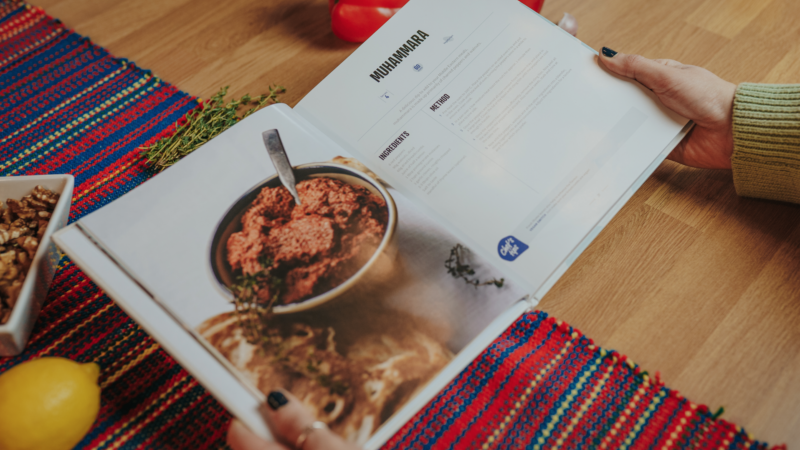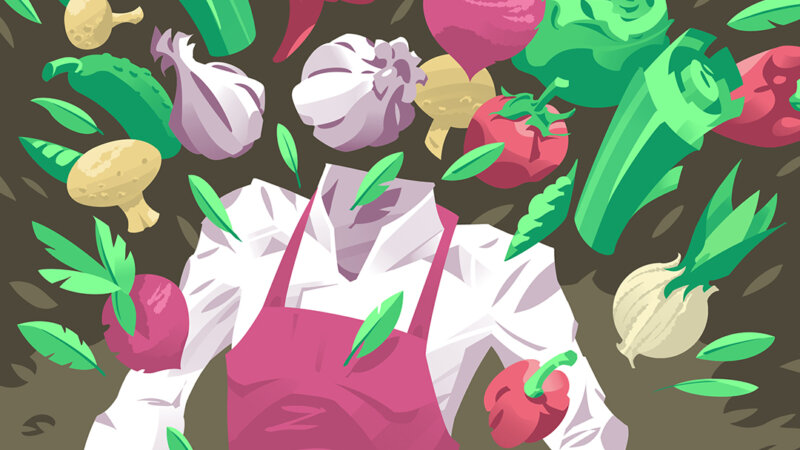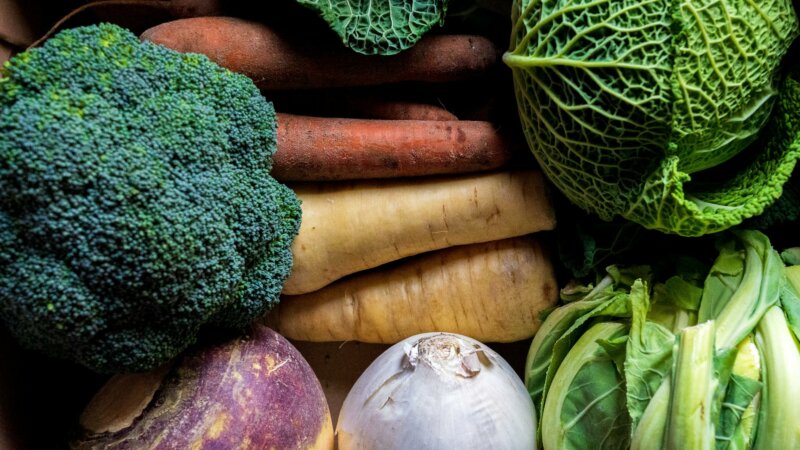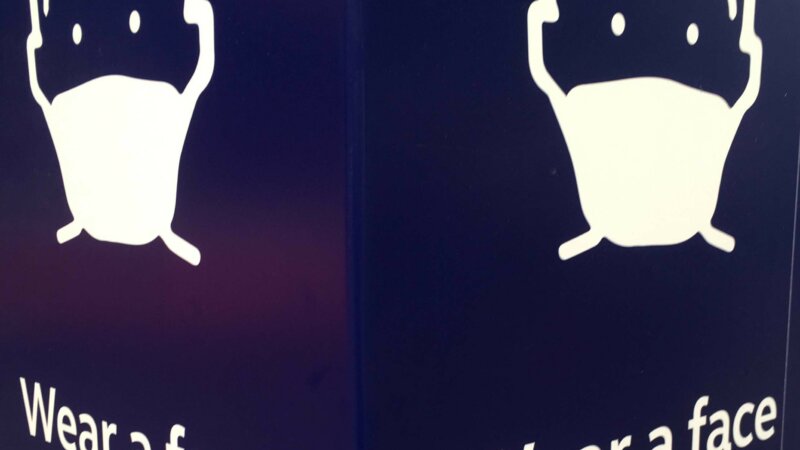The Kindling Trust Our Food and the EU Referendum
It’s very difficult to escape the ongoing discussion about the predicted effects of the EU referendum. With so much speculation, it’s often hard to sort expert opinion from conjecture or politically motivated speculation. Regardless of one’s predisposition, it must be said that the food market has gone relatively unexplored in the media frenzy, particularly for such a staple industry. In a step towards addressing this apparent lack of coverage, the Kindling Trust, Manchester’s resident sustainability champion, co-hosted an event with the Food Ethics Council (FEC) to explore the implications of the impending vote on our food system.
The event was held in the Bridge 5 Mill in Ancoats, Manchester’s centre for sustainable living, and drew a rather large crowd for a light afternoon discussion of agricultural policy and potential EU reform. The event was chaired by the FEC’s Executive Director Dan Crossley and its panel of speakers included: Steve Webster, agricultural economist of Delta Innovation; Anne Selby, CEO of Lancashire Wildlife Trust; Charlie Clutterbuck, Associate Lecturer at Manchester Metropolitan University; and Pete Ritchie, Executive Director at Nourish Scotland.
The discussion varied from animal welfare and the positive effect the UK has on EU policy, right through to GM crops and the relative support from UK policy when compared to the EU. There was a balanced discussion, with the majority of speakers urging caution towards the Brexit camp, particularly when talking about the apparent deficit from Common Agricultural Policy (CAP). This is of course alluding to the £6 billion a year put towards the EU’s CAP with only £3 billion in subsidies seen in return. It’s a fact often quoted by members of the Brexit camp, but one that relies on a post-Brexit scenario in which the UK government would make a previously unseen investment towards agricultural subsides.
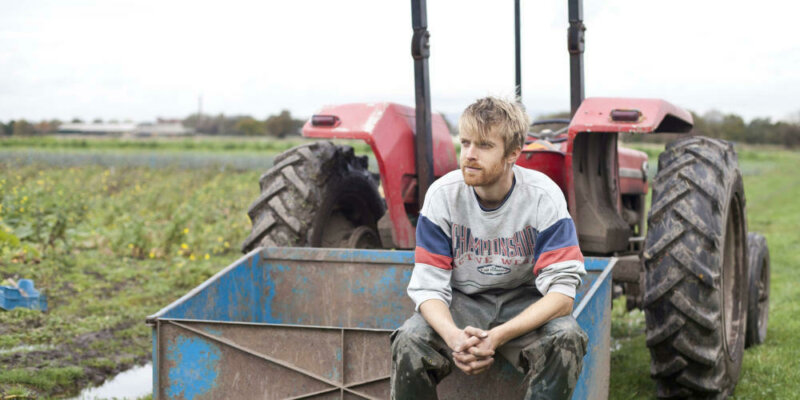
The Kindling Trust's tractor
The Kindling TrustAnother previously undiscussed trail of thought said that the UK imposed many of the unsustainable ‘red tape’ policies on the EU, and in fact it was in the member states’ interest for a Brexit event. It’s a rather far-reaching yet narrow view on the UK’s membership, but one that carries a fresh insight into how the relationship operates.
Another comment, when addressing the argument that the UK government couldn’t be trusted to re-invest the £18 billion ‘savings’ into the appropriate industries, even went as far as saying that the “strong British people” wouldn’t stand for that. One could make the argument to say that we already have, though the gearing of public opinion to national government policy is not something that could or will be addressed in this article.
The take-home theme that arose from the discussion was that, despite the forthcoming decision, the UK and Manchester’s food system have their benefits and failures which need to be addressed, whether part of a larger entity or not. The first step is knowledge and understanding, with events like these a step in the right direction.


